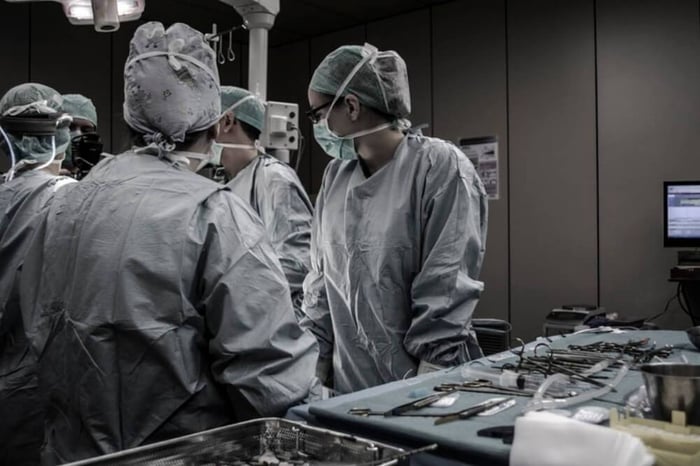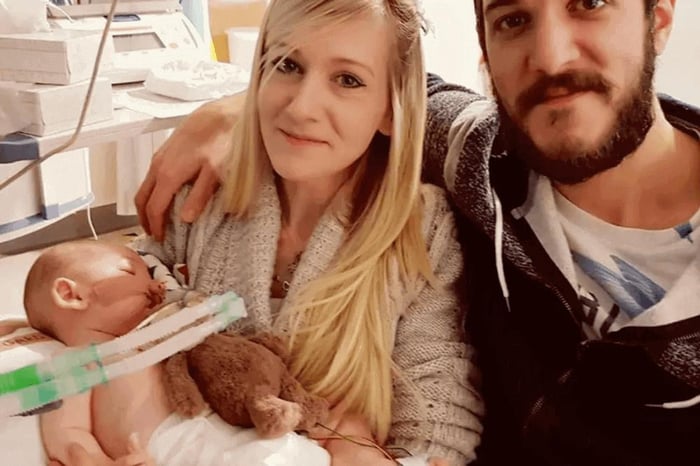
NHS Hot Topics 2019 - Opt Out Organ Donation
A new opt-out system for organ donation will be in place in England by 2020 if approved by parliament. One already exists in Wales, where adults are presumed to be organ donors unless they have specifically recorded their decision not to be. The government has claimed that introducing a similar system in the UK will save 700 lives a year. 5,000 people are on the transplant waiting list, resulting in an estimated three people dying every day whilst waiting for an organ transplant.
This is one of the key topics that might come up in a medical school interview, be that in a panel or multiple mini interview (MMI) circuit. It is important that you are clued up on the situation and how it could affect the NHS. You should be prepared to answer interview questions where you have to state your position on a key NHS Hot topic or an ethical dilemma.
Referred to as ‘Max’s Law’, it was initiated by Max Johnson, from Cheshire, whose life was saved by a heart transplant. After Theresa May heard of his story and public campaign for the opt-out system, she made an effort for government discussion and decided to name it Max’s law in honour of his hard work.
WHY DO WE NEED AN OPT-OUT SYSTEM?
The current system in the UK involves opting in by signing the NHS Organ Donation Register. Only 37% of adults have signed up. This is one of the lowest donation rates in Europe. As such, it is up to the family members to decide whether to give consent for organ donation. Currently, less than half give consent for their loved one’s organs to be donated, despite 82% people supporting organ donation. Public consultations involving the people of England have shown overwhelming support for organ donation. Sadly, this does not translate to the number of people who have signed up as potential donors.
Sometimes, organ donation can be a topical discussion due to faith and religion. There is a lack of black and Asian donors, and the main barrier has been shown to be that it is against the person’s culture or religion. In 2016, just 5% of organ donors were from black and Asian communities. This is despite all major religions in the UK supporting organ donation. Jackie Doyle Price is the minister for mental health and claims that black and Asian patients have to wait half a year longer for a donor match. She is campaigning to dispel the myths around faith.

WHAT WILL THE RULES BE?
There may be cases where people are unaware of the new opt-out system. Thus, there would be a ‘soft opt-out’ introduced, where families could override the presumption in favour of donation if they strongly believe it is what their dead relative would have wanted. Currently, 91% of families allow organ donation if their relative is on the organ donation list, compared to 47% of families agreeing for those not signed up. It is really important that people discuss their wishes with their families. The A&E department is a common place for organ donors to be identified. It is important that people make their families aware of their wishes regarding organ donation as time is precious in such a situation.
IS IT GOING TO MAKE A DIFFERENCE?
Many people are quite sceptical about the new system. One study by Queen Mary University of London suggests that next of kin may be more likely the prevent organ and tissue donation from a relative if they haven’t explicitly given consent. Thus, there are calls for a mandatory choice system, whereby people state whether or not they wish to donate. People think that the opt-out system may not actually lead to more organ donations. Despite their relative being on the register, 547 families vetoed donations in the 6 years from 2010, according to NHS Blood and Transplant. They believe that over 1,000 people have missed out on transplants as a result. It is really important that people discuss organ donation with those close to them, especially with the new opt-out system coming in to force.
We can look at the example of Wales when considering whether opt-out organ donation is going to work. In December 2015, it adopted the opt-out system, and now has the highest organ donation consent rates in the UK. There is much discussion as to the impact the opt-out system will have. Some are sceptical as the families can still prevent organs being harvested, but the overall opinion is that it will increase the number of donations, and thus ultimately save lives.
We hope that this was a helpful overview of this NHS issue and you feel more confident tackling it if it comes up as a question. Don't hesitate to send us any questions or comments by email at [email protected]. Good luck in your interview!



